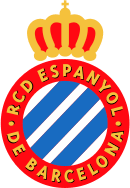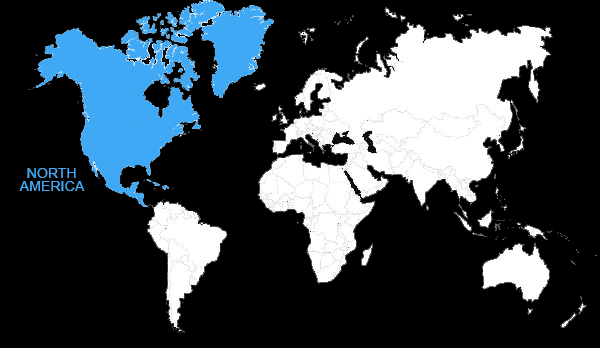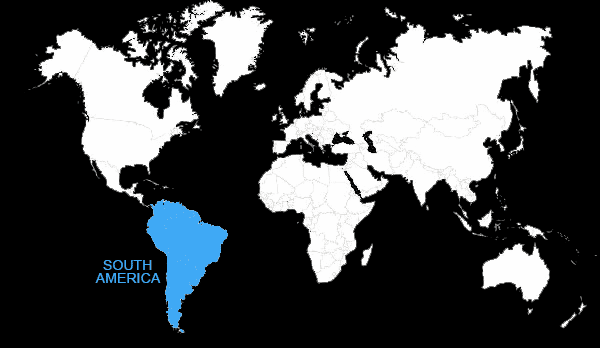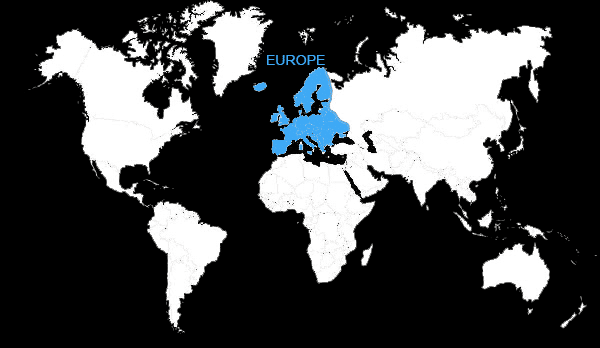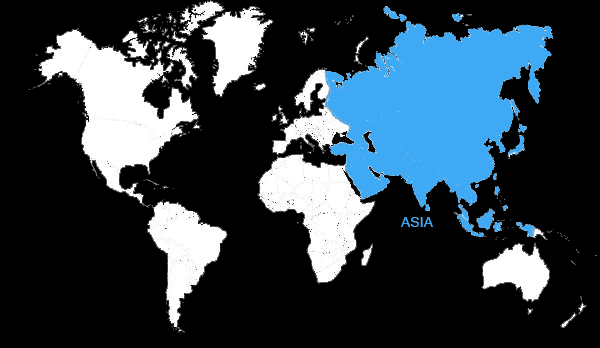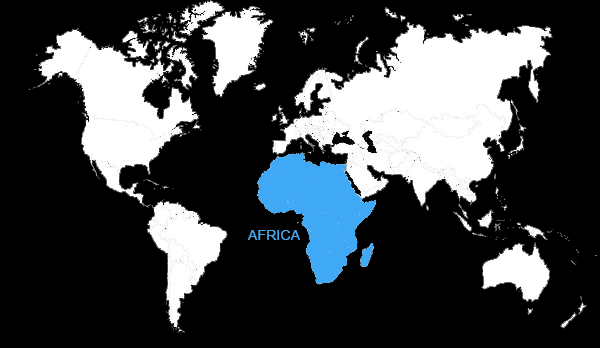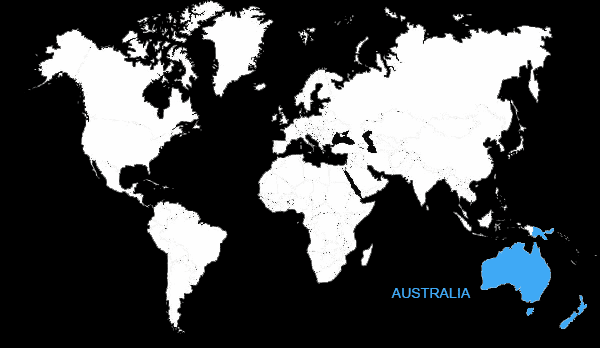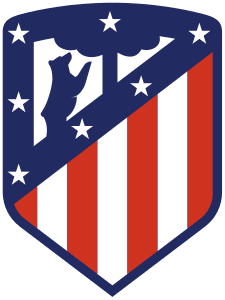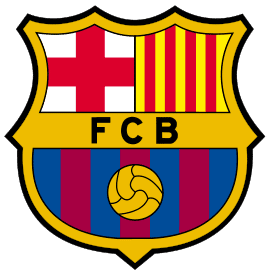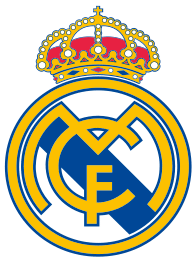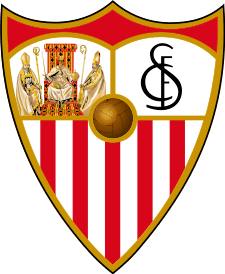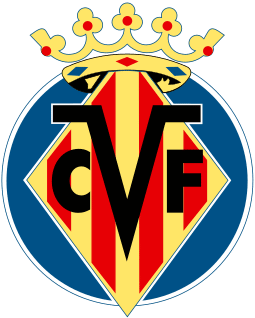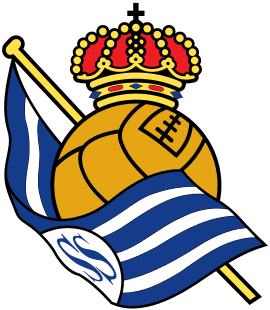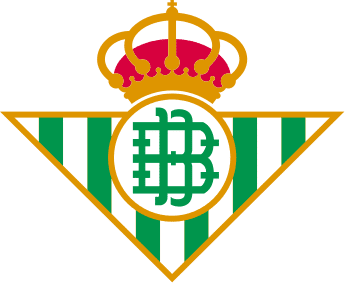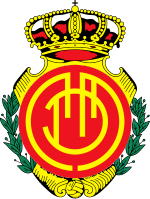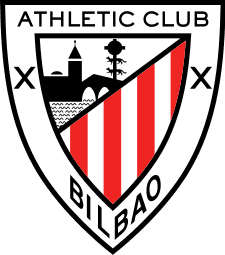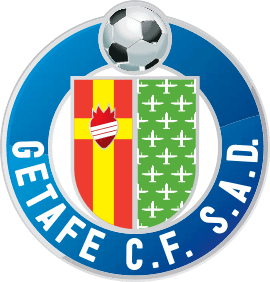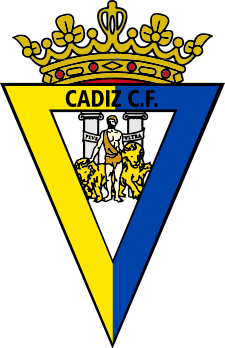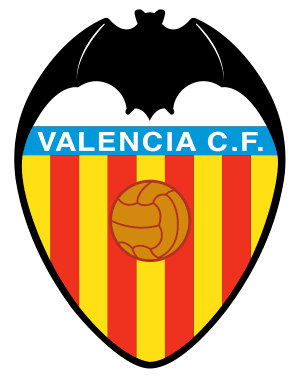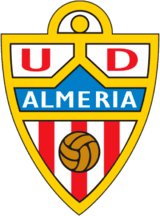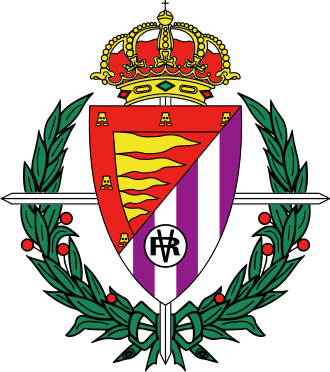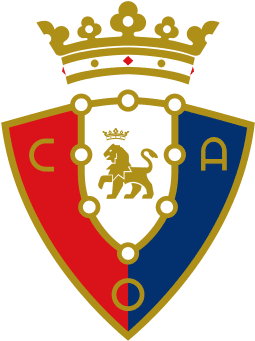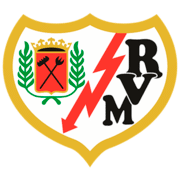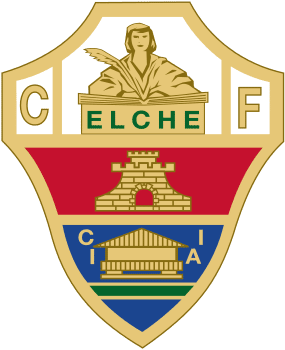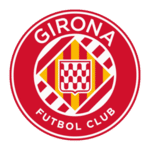RCD Espanyol Tryouts & Club Guide: History, Stadium, Players, and More!

Welcome!
Discover the world of soccer with fcscout.com, your go-to scout for club tryout information, club guides, player profiles, in-depth product reviews, and more. We’re dedicated to exploring and revealing the best in each domain, empowering you with knowledge to make informed choices.
Thank you for being here!
Hi, I’m Carlos! A coach, sports enthusiast, and the founder of FCScout.com.
I fell in love with the game at a very young age like many of you. I’ve been following and playing soccer for many years.
Throughout my career, I always enjoyed helping soccer players chase their dreams, which is why I started this website. I wanted to reach a larger audience outside of my local area and fcscout.com was born.
This website is a platform I will be using to update club pages on any tryouts, stadiums, players, tech, and more from clubs around the world. I also create free recruitment profiles for players looking to have that extra competitive edge when reaching out to clubs.
That’s it. That’s my pitch for you to stick around (or browse the site as you please).
This is already too much text for a “see more” drop-down button thing. If you want to reach out to me, head on over to my contact page 🙂

RCD Espanyol de Barcelona, commonly referred to as Espanyol, is a Spanish professional football club in Barcelona, Spain. The club competes in La Liga, the top flight of Spanish football.
RCD Espanyol Youth Development System
Espanyol has several youth academy teams in their youth development system. These teams include:
- RCD Espanyol B
- Juvenil A
- Juvenil B
- Cadet A
- Cadet B
- Infantil A
- Infantil B
- Alevi A
- Alevi B
- Benjami A
- Benjami B
- Prebenjami
RCD Espanyol Soccer School
The School offers the possibility, for many boys and girls, to start practicing this sport and also to improve their soccer skills and abilities, being a mixed training School with internal competition and teaching the values of our Basic Football, such as unity, perseverance, humility, passion, ambition, respect, trust or commitment.
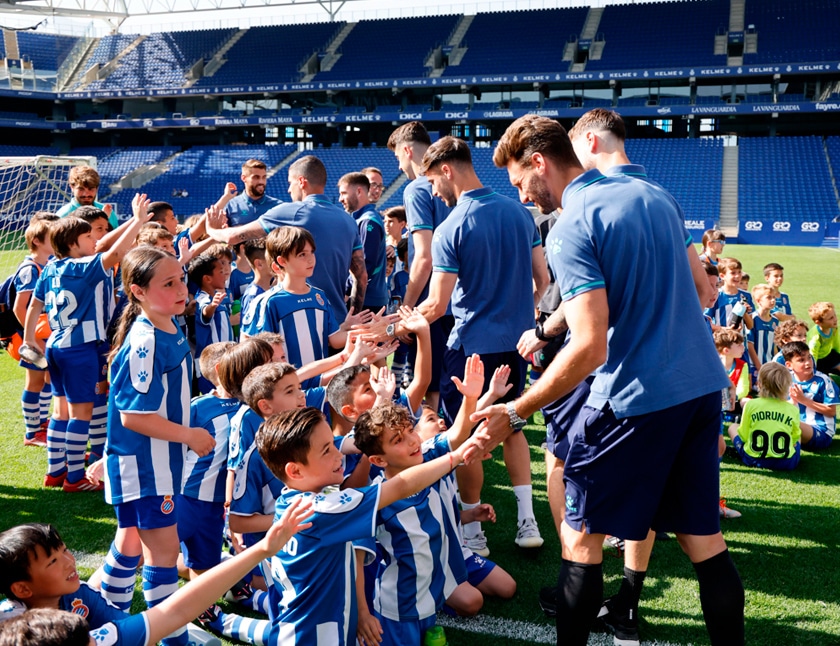
Belonging to the school does not exclude other football commitments.
TRAINING AND MATCHES
The players of the School train two hours a week (on a single day or on two different days) and play a match on Saturday mornings. The goalkeepers will do a specific hour of training of the two hours per week.
The competition consists of 7 levels and 42 teams where there are promotions and relegations to enhance the level of the teams, with this type of competition learning is reinforced.
During the year, we guarantee around 21 matches in the Ciutat Esportiva and a confrontation with teams from outside.
The School’s teams are named after RCD Espanyol players and former players.
PREPARATION
The teams are a maximum of 12 players with a qualified coach and we work on the fundamental contents of grassroots football at all ages, where the ball is the protagonist.
We also carry out continuous training of our coaches together with the collaboration of our training football.
TECHNOLOGY
This modality is done to improve technical skills in small groups.
This option can be done as a school supplement or for players and powers who are looking for a superior supplement to their training.
When the activity of the RCDE School stops for the holidays, we give way to the Summer Campus and the Christmas and Holy Week training.
RCD Espanyol Summer Camps
The RCDE Escola Dani Jarque organizes its own campus every summer with the aim that, for one, two or three weeks, the player has the experience of playing in the context of RCD Espanyol in Barcelona. The training football coaches will work on the same knowledge and identity that they work on during the season, but this time in a more intense way.

During one day they will do two training sessions and other activities such as swimming pool, board games, video sessions, etc.
Learn, evolve and have fun with the Campuses organized by the club.
For more information on hours and prices, you can consult the attached PDF.
RCD Espanyol Soccer Clinics
Groups
Come and live first-hand the experience of training at the Dani Jarque Sports City under the direction of our professional grassroots football coaches so they can show you how our teams train. Discover what our identity is, our way of playing that has given us so much success.
All training takes place in our facilities, but it is also possible for our technicians to travel to other facilities in Catalonia.
Aimed at: teams, schools, or groups of 10 or more players of all levels. You don’t need to have a specific soccer level. Our technicians will adapt to the needs of the group.
- Ratio: 1 RCDE coach for every 20 players
- Training duration: 90 minutes
Training availability: At the Ciutat Esportiva Dani Jarque, from Monday to Friday and Sunday afternoons.
The price includes: dressing room, pitch rental and training with a club technician.
You can improve your experience with the following services (optional):
- Customize training: choose from different goals
- Tour of the Ciutat Esportiva Dani Jarque with presentation of the club (duration 120 minutes)
- Another RCDE coach
- Diploma of participation
- Photo/video reminder of the experience
- Complete training kit (shirt, pants and socks)
- Training shirt
- waters
- Tour RCDE Stadium
- First team match ticketing
* This program is also adapted for players who are coming off an injury and want to have a proper recovery.
PORTERS
The figure of the goalkeeper plays a very important role in the team! From RCD Espanyol we make available to everyone the possibility of training with one of our professional goalkeeper coaches.
- Ratio: 1 RCDE goalkeeper coach for every 8 goalkeepers.
- Training duration: 90 minutes.
You can improve your experience with the following services (optional):
- Customize training: choose from different goals
- Tour of the Ciutat Esportiva Dani Jarque with presentation of the club (duration 120 minutes)
- Another RCDE coach
- Diploma of participation
- Photo/video reminder of the experience
- waters
- Tour RCDE Stadium
- First team match ticketing
* This program is also adapted for players who are coming off an injury and want to have a proper recovery.
INDIVIDUALIZED TRAINING
Develop technical-tactical skills with personalized and individual training (or small groups). The RCDE method of technique is designed to improve depending on the position on the pitch.
- 60 minutes
- 1 RCDE coach for a maximum of 5 players.
You can improve your experience with the following services (optional):
- Photo/video reminder of the experience
- waters
- Individual report (minimum 3 trainings)
- Training with the RCDE Escola Dani Jarque
- Tour RCDE Stadium
- First team match ticketing
* This program is also adapted for players who are coming off an injury and want to have a proper recovery.
RCD Espanyol Recruitment Trials
At the time of this writing, there are no official publishings on RCD Espanyol trials. Please come back at a later date while we monitor this club or click here to visit their official Facebook page for the latest updates.
EXPLORE MORE CLUBS!
Explore more professional clubs by continent.
RCD Espanyol History
On October 28, 1900, ngel Rodrguez Ruiz (1879–1959), a student of engineering at the University of Barcelona, established the club that would later be known as Espanyol. The original location of the club was in the prosperous neighborhood of Sarrià. Espanyol was the first club in Spain to be created solely by Spanish fans of the game; the other early clubs had links to Britain or central Europe. The club’s name derives from the Catalan word for “eagle.”
When the club first started out, all of the players wore bright yellow jerseys, but it was up to them to decide what color shorts they wanted to wear. It just so happened that a friend of the person who started the club ran a textile company and had an abundance of yellow cloth that was leftover from a job. In 1910, the club changed its name to the Club Deportivo Espaol and selected blue and white stripes as the colors for the club’s shirts as well as the primary colors for the club’s insignia. Because they were the colors that appeared on the shield of the renowned Sicilian-Aragonese Admiral Roger de Lluria, who sailed the Mediterranean protecting the interests of the Crown of Aragon in the Middle Ages, blue and white were chosen as the colors of the flag of the Kingdom of Aragon. The club was successful right from the start, as evidenced by its victory in the very first Campionat de Catalunya in 1903 and subsequent participation in the very first Copa del Rey that same year.
1906 was the year when the Spanish Football Club was forced to halt its operations due to a lack of players. This was due to the fact that the majority of its players were university students who had left Catalonia to attend universities in other regions. X Sporting Club took advantage of this by recruiting the majority of the remaining Espa’ol players, which resulted in a significant improvement in the club’s overall level of play. As a direct consequence of this improvement, the X went on to win the Catalan championship three years in a row between 1905 and 1908, defeating teams such as FC Internacional and FC Barcelona along the way. The likes of Pedro Gibert, José Irzar, and Santiago Massana were on this historic side. When several of the former university students returned to Barcelona in 1909, they brought with them the idea of refounding Club Espaol de Football. They were successful in this endeavor on December 27, 1908, when X merged with the Spanish Jiu-Jitsu Club. It was not until 1909 that X and Espaol were restructured again.
They were victorious in the Campionat de Catalunya three times during the decade of the 1910s: in 1911–12, 1914–15, and 1917–18. Their success in the later years was largely attributable to their backline, which was led by Ricardo Zamora. Additionally, they competed in the final of the Copa del Rey on two separate occasions, in 1911 and 1915, however both times they were defeated by Athletic Bilbao.
The reserve squad for Espanyol, known as Espanyol B, was established in 1994. They are currently competing in the Segunda División B.
In the year 1986, Javier Clemente was given the job. During his first year with the club, he guided them to a joint-best third place finish, which earned them a berth in the UEFA Cup. They advanced to the championship match by virtue of victories over Borussia Monchengladbach, A.C. Milan, Inter Milan, TJ Vitkovice, and Club Brugge KV; however, they were ultimately defeated by Bayer 04 Leverkusen via penalty kicks following a 3–3 aggregate score. The team was demoted twice after that, although it played in La Liga continuously from the time it won the Segunda División in 1993–1994 until it was relegated at the end of the COVID pandemic impacted season in 2019–20.
Juli Pardo served as president of the club from 1989 until 1993, during which time he managed its transition into a Sociedad Anónima Deportiva.
As a result of the growing amount of debt, the club was compelled to sell the Sarrià Stadium, which was eventually torn down in the year 1997.
Espanyol, led by Paco Flores, defeated Atletico Madrid 2–1 in the Copa del Rey Final in 2000, which was the club’s first cup title since 1940. The match took place at Mestalla.
Six years later, the team triumphed again under the leadership of Miguel ngel Lotina. This time, they defeated Real Zaragoza in Madrid by a score of 4–1, with goals coming from Ra’l Tamudo, Luis Garc’a (two), and Coro.
The victory in this cup allowed Espanyol to compete in the UEFA Cup. They advanced to the championship match by cruising through their group with a perfect record, then beating Livorno, Maccabi Haifa, Benfica, and Werder Bremen along the way. After a 2–2 draw in the regulation game, the championship match was decided by a shootout, in which Sevilla defeated Espanyol 3–1 to claim the title. The championship match took place on May 16 at Hampden Park in Glasgow. They earned the distinction of being the only side in the history of the UEFA Cup to go undefeated throughout the competition but come away empty-handed. In that particular campaign of the UEFA Cup, Walter Pandiani, who would be leaving the club at the end of the season, amassed the most goals of any player. Tamudo surpassed Rafael Maraón’s record of 111 goals scored for Espanyol on June 9, 2007, to become the club’s all-time leading goalscorer. He finished the night with 113 goals to his name.
The final game that Espanyol played in the Estadio Olmpico de Montjuic was on May 31, 2009, and it was a three-nil victory over Málaga. After relocating from their previous stadium in Sarria to the Estadi Olympic, Espanyol played their home games there. The relocation gave club talisman Ral Tamudo the rare distinction of having played in three separate stadiums during his time with the club: Sarrià, Montjuic, and, beginning with the 2009–10 season, the Cornellà-El Prat.
His first employment in a professional capacity was as manager of a team that was in danger of being relegated when Mauricio Pochettino, a former defender for Espanyol, was appointed in January 2009. In February, he helped the team stay in the top flight with a victory against their rivals Barcelona at the Camp Nou, 2–1. Barcelona, under by Pep Guardiola, went on to win the treble that season.
After 12 seasons playing at the Estadi Olímpic de Montjuïc, Espanyol moved to the Estadi de Cornellá-El Prat. On August 2, 2009, the new stadium had its official opening ceremony with a match between Espanyol and Liverpool. Espanyol came out on top with a 3–0 victory, with Luis Garca scoring the first goal at the venue, followed by a double from Ben Sahar. Daniel Jarque, the captain of Espanyol, suffered a heart arrest and died six days later, at the age of 26, in the neighborhood of Coverciano in Florence, where the team was staying at the time after playing several matches in Italy. Since that time, a one-minute standing ovation is held in his honor before the start of each and every Espanyol game that takes place in the 21st minute (his previous shirt number).
Following Pochettino’s departure in 2012, the club has continued to compete at the highest level despite having a number of different managers at the helm. In January of 2016, Chinese entrepreneur Chen Yansheng purchased 54% of the club, which gave him control of the organization. As a result of Espanyol’s seventh-place performance in the 2018–19 season, the club qualified for the Europa League for the first time since their final appearance in the competition in the 2006–07 campaign. Despite this, the team was demoted to the lower division for the first time since 1994 during the subsequent season, following a loss of 1-0 in Barcelona. On August 3, 2020, the club issued an official statement in which they pleaded with La Liga to postpone the relegation process; nonetheless, this did not prevent the relegation from occurring. On May 8, 2021, following a 0–0 draw against Zaragoza and with four matches remaining in the 42-game season, Espanyol achieved promotion back to La Liga at the first try, being the first team to do so.
RCD Espanyol Stadium
RCDE Stadium, commonly referred to as Estadi Cornellà-El Prat, is a football stadium located on the borders of Cornellà de Llobregat and El Prat de Llobregat, in the greater Barcelona urban area. The stadium only has seating for spectators. The construction took place over the course of three years and cost roughly 60 million Euros. It first opened its doors in August of 2009, and on June 18th, 2010, in Dublin, it was recognized as the Venue of the Year at the Stadium Business Awards.
It is the tenth-largest stadium in Spain, with a capacity of 40,000 seats, and the third-largest stadium in Catalonia overall. It replaced RCD Espanyol’s former stadium, the Estadi Olympic Llu’s Companys, and became the club’s new home in the year 2009. It is the eighth stadium that the club has used throughout its existence.
